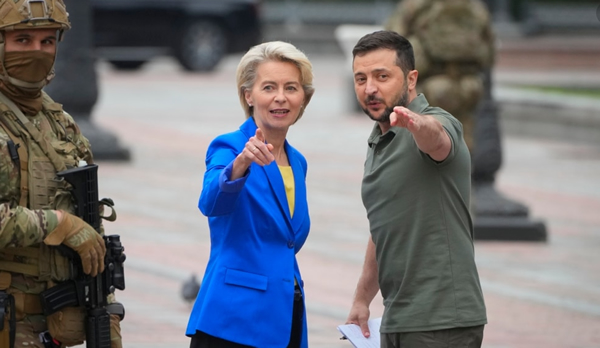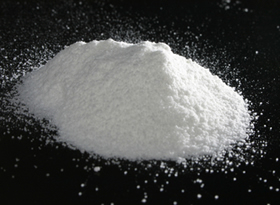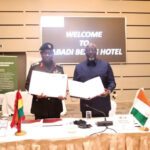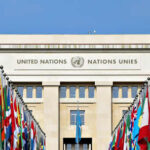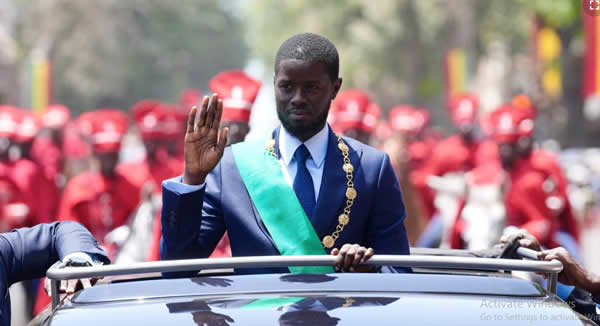
With less than a week to go before Senegal’s snap legislative elections, the opposition and the government are battling for control of the capital, Dakar.
Activists from the opposition coalition are canvassing door-to-door across the city — while government supporters are offered culture.
Both sides say they are confident of victory.
“We’re in a very good frame of mind. We feel that the Senegalese people are beginning to have this awareness, even among those who voted for the party in power during the presidential election,” says Amanekh Seck, an activist with the opposition coaltion.
However, supporters of President Bassirou Diomaye Faye ruling Pastef party are equally certain.
“We believe in our victory for a majority on the evening of 17 November with our head of list in the commune. We are confident that we will win here,” says Adji Barro.
Faye came to power in a landslide victory in April, promising to crack down on corruption and improve livelihoods.
Just six months later, he dissolved parliament accusing lawmakers in the opposition-led assembly of blocking him from executing the promised changes.
He called for new elections, hoping to win a majority that would secure his mandate.
The biggest threat comes from Senegal’s influential former presidents, Macky Sall and Abdoulaye Wade, who have formed a rival coalition.
However, the subject that is currently fuelling passions is the many defections from the ranks of this grouping to the government camp.
The move has been condemned by the opposition and endorsed by the ruling party. Some say this raises questions, particularly as Pastef opposed these actions when it was the opposition.
Political analyst, Babacar Diouf, says this is where experts get it wrong by trying to “analyse current situations by analogy with previous situations”.
“Politicians have at one time or another stood up and said we support Pastef. What response could Pastef have made? Could Pastef say – no, no, no, don’t come? It doesn’t make sense,” he says.
Voters in Senegal will be choosing 165 lawmakers on 17 November in an election in which voter turnout is expected to be very low.
Source: africanews.com




